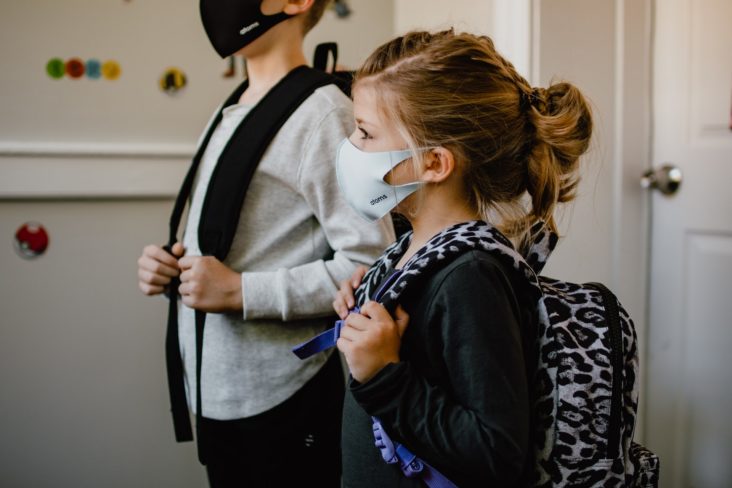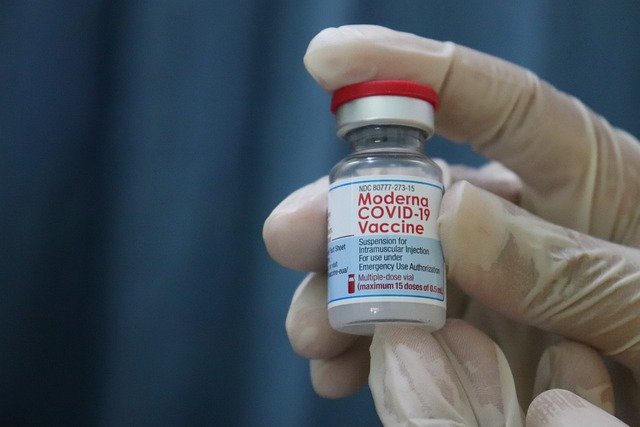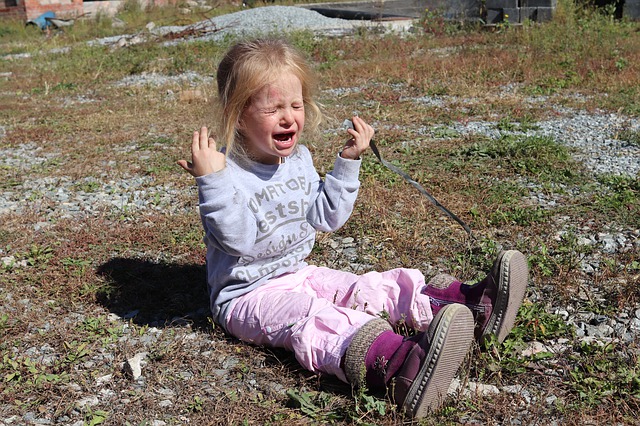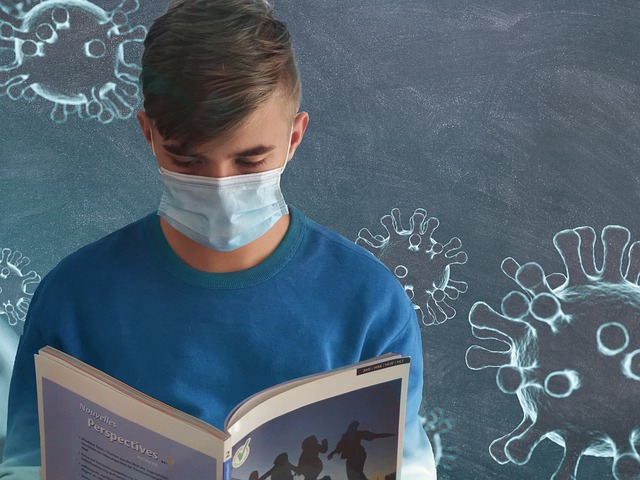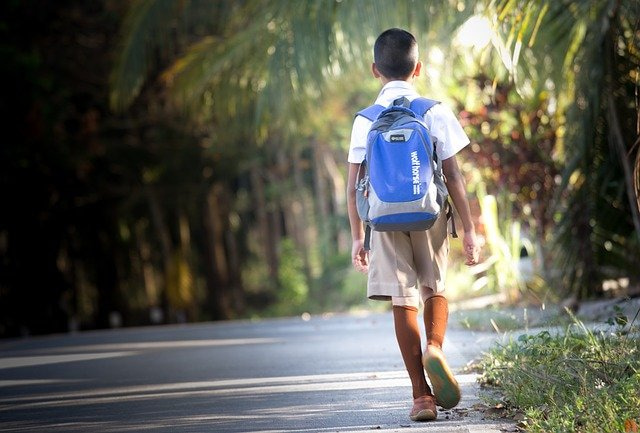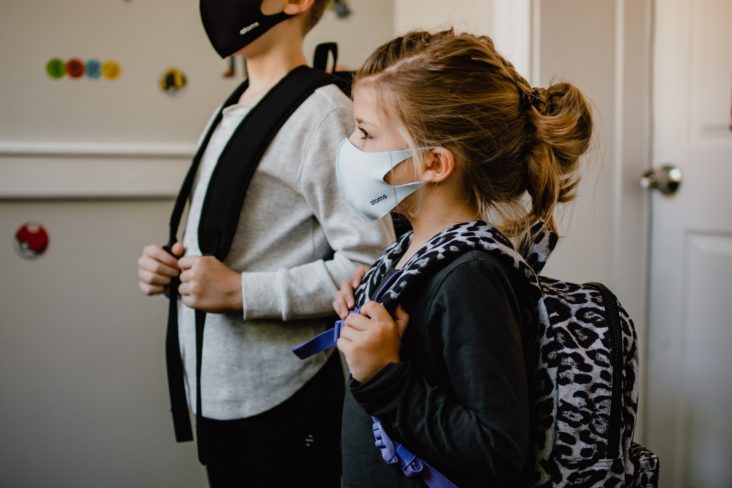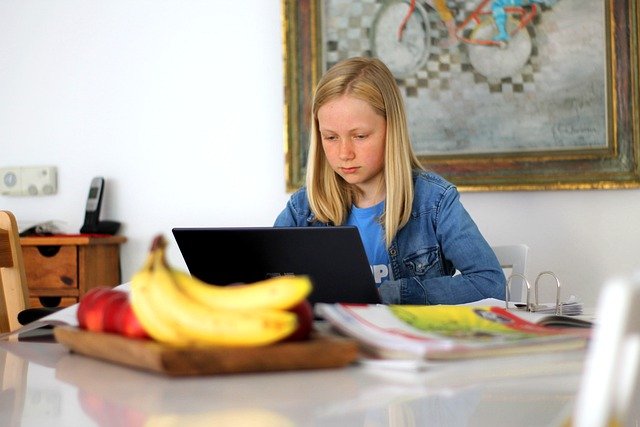Dr. Jerome Siegmeister, the Center’s newest clinician, is an expert on the psychiatric concerns of children and adolescents. A former high school teacher, he is in a unique position to help children through mental health resources that are tailored specifically for kids or teens in need.
Since the pandemic, parents and children have had to adapt quickly as schools shut down for periods of time. Virtual classes have become routine. An online learning environment can be difficult enough for kids, without being isolated from their peers. “Covid has really devastated these kids,” Dr. Siegmeister says. “Though some children can do well in this environment, virtual learning causes an issue for most.”
“The virtual learning modality is basically a lecture modality,” he continues. “What do you and I do when listening to a lecture? If we are honest, most of us listen to it in the background while doing other things, so we miss a lot of the information.”
“Children are no different,” he says. “From a developmental standpoint, it is clearly better for kids to attend in-person schooling, but the unfortunate reality is that we need to be worried about public health, as well. In many cases, virtual learning is all we have right now, but this isn’t workable for many kids.”
Aside from the loss of knowledge, the pandemic has affected our children’s social interactions. “Virtual classes have their place because kids need to be learning, one way or another, but it comes at a price,” he explains. “It is very obvious that our children’s socialization has been affected and will be for a long time to come.”
“At this point, we have lost at least eighteen months of socialization,” he says. “Society pushes the idea that we need others to validate us, so kids rely on social acceptance for much of their self-worth. Covid took away much of that.”
Even older teenagers are being tested by this new normal. “The pandemic has been very hard for kids who are transitioning to college,” he notes. “Life is drastically different for them, especially if they are having to do their first year of college virtually. They are missing out on the social aspects that help them adjust to college life.”
Nevertheless, Dr. Siegmeister is optimistic. For most kids who are struggling, “it isn’t too hard to stabilize them and they can do really well,” he says. “Counseling and working one on one with kids will make things better in the majority of cases.”
When it comes to mental health concerns, Dr. Siegmeister believes in treating the whole person. He often uses a team approach and commonly involves the child’s parents, teachers, or college faculty. He also may combine two or more treatment methods for children whose needs that are not being met by one single approach. For example, he may use cognitive behavior therapy along with medical treatments if the child has an underlying psychiatric concern.
And, although a pandemic silver lining would seem unlikely, Dr. Siegmester says there is one. “Mental health is often swept under the rug,” he says, “but depression is now pretty pervasive in both children and adults and people recognize this. In fact, many so called “sick days” happen because the person is depressed and really needs to take a mental health day. The positive outcome from covid is that people are now much more aware of anxiety and depression because they’ve experienced it themselves. This means it has become much more acceptable to seek help.”
About Jerome Siegmesiter, MD, MaED. (Child And Adolescent Psychiatry / General Psychiatry)
Jerome Siegmeister, MD, MaED, is a South Florida Native. He has worked with clients of all ages, and believes that the whole person needs to be treated. Consequently, he evaluates all aspects of the situation, from medical to situational, to determine the best initial course. He has a background in both individual and group therapies, employing supportive, behavioral, and insight oriented approaches, as appropriate to best fit his client’s needs, as well as comfort with medical treatment of any underlying conditions that might manifest psychiatrically. He has significant experience in all forms of psychiatric issues, including mood symptoms, thought disorders, anxiety, phobias, attention deficits, behavioral issues, insomnia, compulsive disorders, emotional lability, substance abuse, and trauma.
Dr. Siegmeister graduated with his Bachelor’s from Florida International University, after which he spent a number of years teaching, and obtained a Masters from the University of South Florida in Career and Technical Education/Adult Education. Upon deciding to pursue medicine, he initially completed a Post Baccalaureate Pre-Medical Certificate program at the University of Miami, and then obtained his MD from the University of Miami Miller School of Medicine, staying there afterwards for his specialty training in Psychiatry, followed by a fellowship in Child and Adolescent Psychiatry, where he served as Chief Fellow, and was awarded with a Research Distinction. After training, he has worked providing Emergency care, with additional work in inpatient settings, both in mental health and as a consultant to medical units at multiple hospitals. He is currently Board Certified by the American Board of Psychiatry and Neurology in both general Psychiatry, and Child and Adolescent Psychiatry, and by the National Board of Physicians and Surgeons in Psychiatry.



